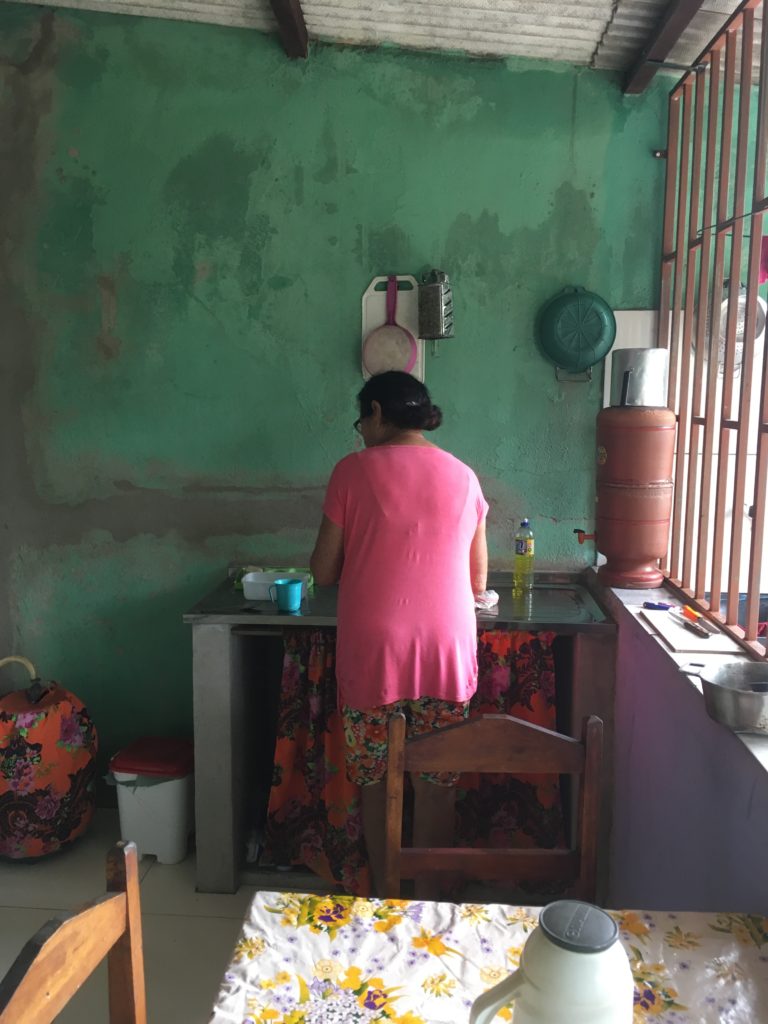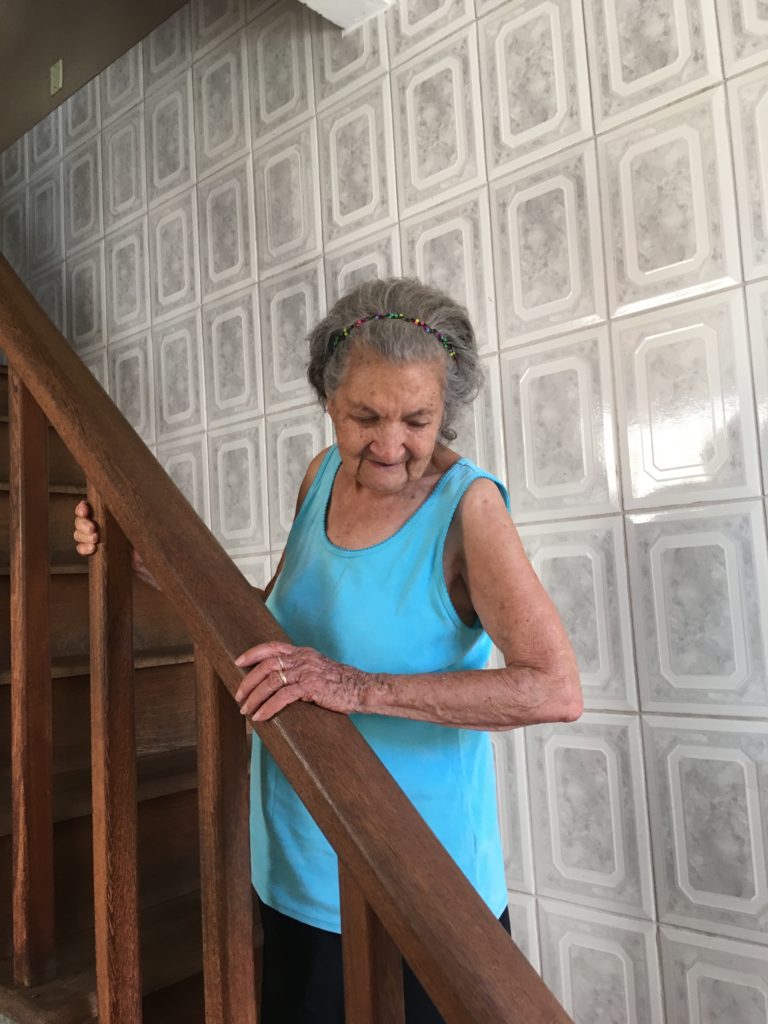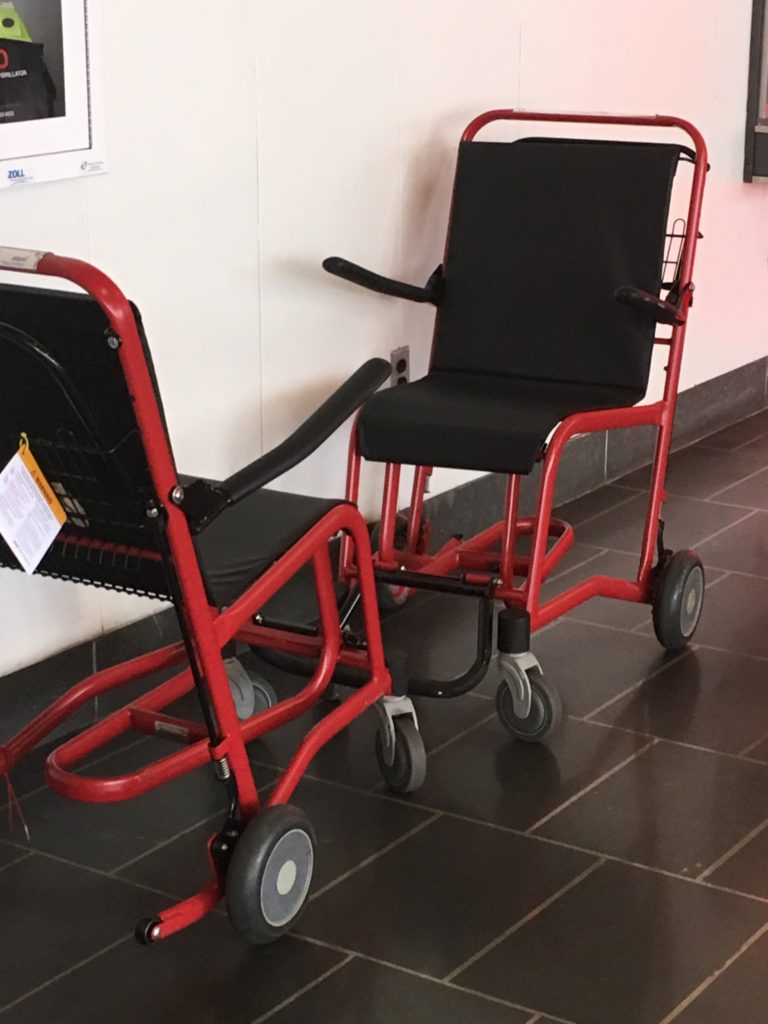Movements across borders can be particularly challenging in contexts of prolonged involuntary immobility among adult children (often several decades). In these cases, visiting ageing parents in Brazil also means giving up a migration project abroad, where families were formed, and investments were made. In cases like these, the ageing parents were the ones applying for a visitor (‘tourist’) visa to the United States as a way to reunite with their far-flung children (and grandchildren). This was most often the case with ageing mothers, but fathers also travelled sometimes.
The ageing parents’ accounts revealed a consideration about the structures that constrain movement and the role played by the (ageing) body as it moves across borders. In the face of immigration restrictions, with which they were well acquainted through their adult children’s migration experiences, they found comfort in their (retired, abled) ageing bodies. In their understanding of the biopolitics of border crossings and normative views of the ageing body, they believed that their physically aged body was less likely to be regarded as a menace by border authorities because it displayed a less clear association with (‘illegal’) labour migration.
Thus, ageing parents often felt fortunate to be older, retired individuals applying for a visitor visa to the United States. The fact that they were older adults gave them a sense of tranquillity when travelling abroad and made them feel less ‘threatening’ entering the United States. They talked about receiving additional support at the airport, both at departure and arrival, for example, by using the ‘wheelchair service’, which smoothed their travels in terms of logistics and language barriers.




